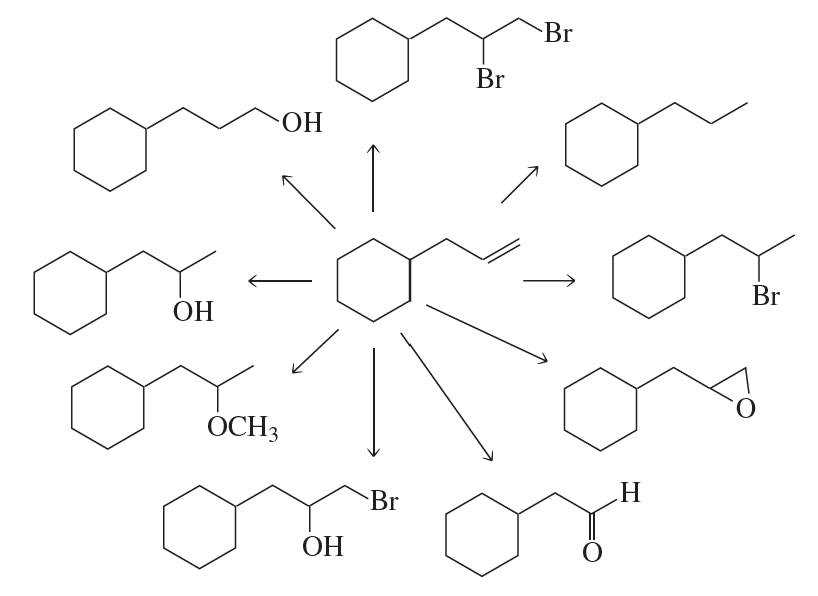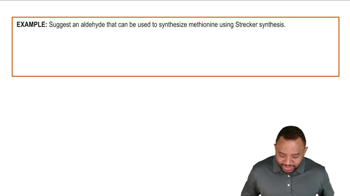Devise a synthesis for each compound, starting with methylenecyclohexane and any other reagents you need.
d. trans-2-methylcyclohexanol

 Verified step by step guidance
Verified step by step guidance Verified video answer for a similar problem:
Verified video answer for a similar problem:



 6:38m
6:38mMaster General properties of hydroboration-oxidation. with a bite sized video explanation from Johnny
Start learning